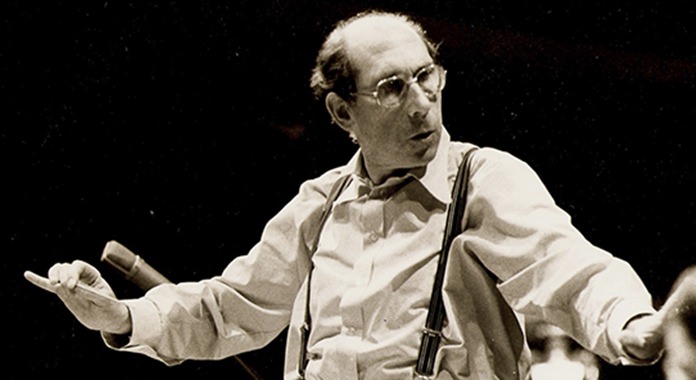
A couple of days ago, I was drinking some wine from Portugal. Now in Thailand this is unusual enough, because precious little of the stuff arrives on these shores. Portugal is best known for Port, a fortified wine which enjoys a loyal following in Britain but I was drinking something which is probably the exact opposite, a glass of Vinho Verde. The fresh, zesty wine caused my mind to wander towards Portuguese classical music which for many people today is something of a mystery. Except presumably, the Portuguese. I couldn’t think of any Portuguese musicians for a start, except the composer Alfredo Keil who wrote lots of operas as well as the Portuguese National Anthem.
The Kingdom of Portugal devolved from Spain during the Middle Ages and it’s the most western part of the European mainland. Go any further west and you’ll find yourself sloshing around in the North Atlantic. During the so-called Age of Discovery the country was at the forefront of world-wide exploration. The Portuguese were, as far as we know the first Europeans to show up in Brazil. However, unlike the Spanish who found advanced civilizations in Mexico and Peru with precious metals up for grabs, the Portuguese explorers found themselves in a land of hunter-gatherers locked in the Stone Age. They must have been disappointed, though the locals were in the habit of wandering around naked, so that might have offered some small compensation.
Although there was music at the Portuguese royal court during the sixteenth century most of the action was going on elsewhere in Europe. Classical music has always gravitated to wealthy royal courts, centres of learning or culturally-developed cities. Aspiring Portuguese musicians of the day tended to drift off towards the great Spanish cathedrals which provided both training and employment.
During the entire renaissance and baroque periods, there are only a couple of dozen Portuguese composers whose names are still remembered, and then only by music historians. Times have changed, though Portugal remains a backwater in the annals of musical history. Perhaps the golden age of Portuguese music is yet to come.
Marcos António da Fonseca Portugal (1762-1830): Missa Breve. Soloists and choir, National Symphony Orchestra of Brazil cond. Ligia Amadio (Duration: 17:23; Video: 720p HD)
Marcos Portugal as he became known was one of the most influential composers of his day. He achieved international fame for his choral music and his forty operas, twenty-one of which were written for Italian theatres. He wrote over 140 religious works and had his first public concert at the age of eighteen when two choral works were performed. Perhaps on the strength of this early success, in 1782 Queen Maria I commissioned a choral and orchestral work which marked the beginning of a close collaboration with the Royal Family that influenced the rest of his professional life.
In 1811, the Prince Regent summoned him to the Portuguese colony of Brazil where he became the Royal Composer. He remained in Brazil for the rest of his life until his death on 17th February 1830. The Missa Breve was composed by order of His Imperial Majesty in December 1824. It is a charming work though stylistically a bit old- fashioned and owes much to Mozart and Haydn. But I suspect the ex-pats in Brazil at the time were probably starved of decent music, so this must have come as something of a treat.
Joly Braga Santos (1924–1988): Symphony No.1, Op. 9. EPMVC Symphony Orchestra cond. Luís Carvalho (Duration: 38:04; Video: 720p HD)
Braga Santos was Portugal’s leading twentieth century composer and symphonist who also wrote three operas, three ballets, numerous concerti and other orchestral works, choral music, chamber music, film music and songs. He was also a professional conductor and a music producer for Portuguese radio.
This brooding, three-movement symphony was written in 1946 when Braga Santos was twenty-two. It was composed in memory of those fallen during the Second World War and it uses many folk-like melodies, often against a background of sustained strings and effective harmonies. This is attractive and compelling music, sometimes quite moving too but you’ll probably notice that at the time Braga Santos was heavily influenced by the music of composers Vaughan Williams and Sibelius. The gloomy, threatening brass chords at 11:09 and the scurrying string passage that follows could almost have been written by that Finnish composer.
Just in case you’re wondering, EPMVC stands for Escola Profissional de Música de Viana do Castelo (Vocational School of Music of Viana do Castelo). According to Lonely Planet, the Portuguese city of Viana do Castelo is considered the jewel of the Costa Verde, “blessed with both an appealing medieval centre and lovely beaches just outside the city. The old quarters showcase leafy, nineteenth-century boulevards and narrow lanes crowded with rococo manors and palaces.” I can’t wait to get there.
 |
 |
 |





